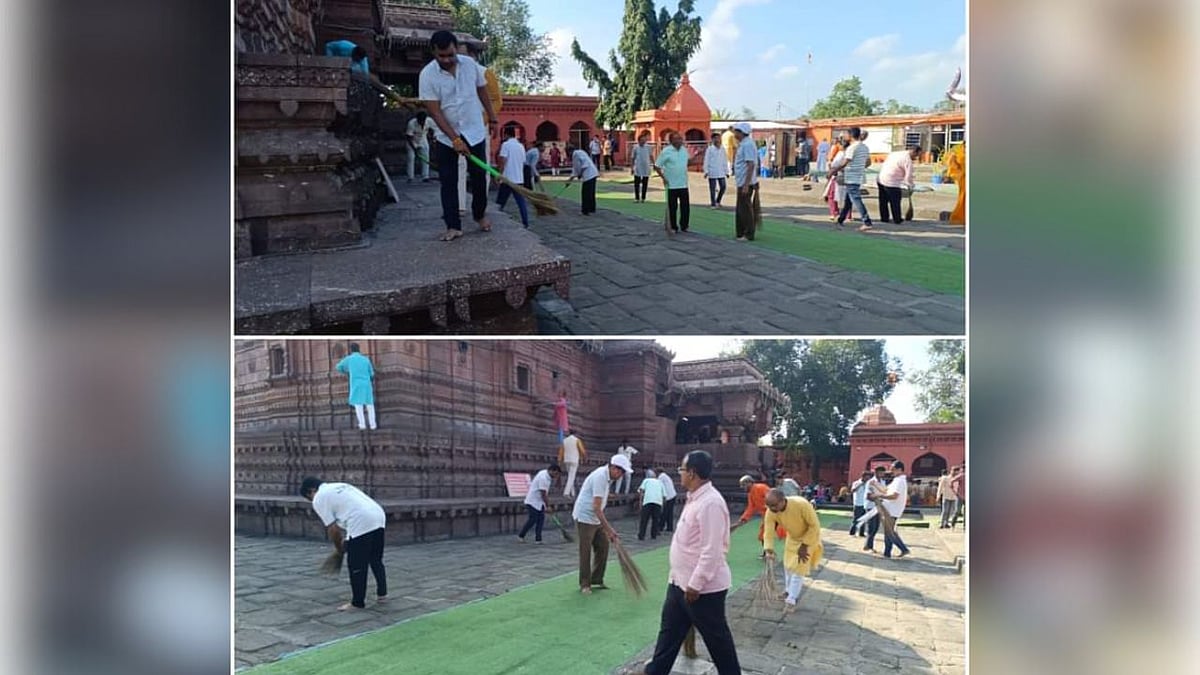Maithili Chakravarthy explores the addictive world of mobile gaming, even as gamers compromise on meals, sleep and social life
A recent survey has confirmed what we have long suspected—Indian gamers are addicted. Evidently, gamers in India are spending nearly seven hours each week playing online games. Some are even considering quitting their jobs to become professional gamers! And the less said about the toll that this addiction is taking on their well-being, the better…
The report titled “State of Online Gaming” reveals that the global gaming industry has evolved immensely, giving gamers increased access to a variety of video and mobile games. However, spending time playing games has been interfering with their lifestyle, social activities and career aspirations.
Here’s the figures: At least 45 per cent of Indian gamers have missed sleep, 37 per cent have skipped a meal, 35 per cent missed out on spending time with friends or going on a date, and 24.2 per cent skipped work just to play games. Yes, Indians are well and truly hooked.
We have come a long way from the time of the snake game on the Nokia phone, that precursor to the internet mobile gaming age of today. Mobile gaming is much like a crossword puzzle or word challenge in a newspaper only that it is a lot more interactive, may need friends who can join you in the pursuit for glory and sometimes can be mind-numbingly habit-forming – aka addictive, making one drop logic to spend numerous hours glued to the phone.
The world of gaming is one of positives and negatives. Many gamers have found that games like Bridge, Chess and Solitaire not only help kill long waiting hours like at airports and time waiting for meetings, but also stimulate cognitive functioning. Dr. Gaurav Kulkarni, psychiatrist at Unlimited Potentialities, a Mumbai-based mental health care clinic, says, “Some gaming is mentally stimulating, such as online Chess and the many puzzles available. We recommend gaming when we know it will help sharpen thinking abilities. About 20 minutes of a mind-stimulating activity is recommended for those who want to boost their brains.”
However, Kulkarni also warns against the cons of indulging in online gaming, when guileless curiosity turns to an addiction. Kulkarni says that the system of rewards activated cognitively in an individual has the same effect as in the mind of an individual addicted to drugs and alcohol. The same biological changes occur in the body leading individuals to seek out thrills and pleasures associated with each activity.
“The trouble is when what is seen as a harmless activity starts to affect a person’s life, his work, his sleep and health. However, it also depends on an individual’s personality. Some individuals have a more addictive personality and an innate tendency to become addicted. Others will play for some time and keep their phones aside. We have around five to seven patients who come with gaming addictions every month. Sometimes, they come with other problems but we identify gaming being linked to the problem.”
Some of the country’s most popular mobile phone games include PUBG (Player Unknown’s BattleGrounds), Ludo King, Asphalt 9, Candy Crush Soda Saga, FIFA mobile, Fortnite and Clash of Clans. Siddharth Parsekar, a Mumbai-based café owner plays games like Counter Strike and Brothers in Arms late into the night, sometimes when it’s difficult to sleep. He says it helps him drift off which might otherwise be quite a challenge.
He also utilises game-time to kill time confessing his passion and love for violence in games. He is careful to note that others mustn’t read too much into a very personal gaming choice. “Shooting and killing is a lot of fun and a way to act out anger and destructive thoughts. Playing a phone game also helps you de-stress because it needs complete involvement in it. Some games include becoming a character and making crucial decisions for the character and in that sense keep you invested and fascinated,” says Parsekar.
Better hand-eye coordination, better response to stimuli, improved attention span – the benefits of gaming cannot be ignored. Mumbai-based Food Media Director Abhinay Gupta loves Action and Arcade games like PUBG, FIFA 18 and Clash of Clans which he says he plays with friends and to pass the time. Setting personal goals and challenges is what Gupta finds most exhilarating about gaming which used to keep him absorbed around 2-3 hours a day. Gupta says he almost got glasses playing PUBG and now limits game time to no more than half an hour daily.
Online board games like Pinball and Ludo King, games like House Escape which is based on clues that help one escape a “blood house” and others like Word Crossy on the app store are games that have captured the imagination of people across different disciplines of life – from businessmen to professionals to housewives. Delhi-based lawyer Aarushi Patil, who thinks phone games are the ideal break at work, does worry about productivity being hampered by the games but thinks they are also an excellent way to wind down and de-stress.
Delhi-based businessman Navjot Singh who is an avid gamer and plays games like PUBG for 5-6 hours daily also de-stresses through games that require tact, skill and survival. Mumbai-based housewife Neha Mastakar is of the opinion that moderation is key and one need not go overboard playing. “After a long day of work, playing games on my phone helps me take my mind off things. Good old games like Candy Crush and Ludo are games that are very varied and differently interesting. I keep my phone aside after around only 10-15 minutes of gaming because it then gets extremely boring.”
The idea that online phone gaming helps one de-stress is an idiosyncratic one. Dr. Kulkarni says that some games can make people feel highly stressed-out, restless and anxious. “Even though some of the games are beautifully-designed, gaming is not the only way to unwind. Playing sports and doing some kind of physical activity are also great ways to beat stress. Gaming is only one source of entertainment and cannot be the only way to relax and wind down.”
Kulkarni goes on to narrate a case study at his clinic where an accountant by profession came in for therapy when he discovered his addiction to the poker games. He had spent almost Rs.2-3 lakh on phone gaming and his wife raised an alarm since none of the moolah had been spent on personal shopping or to meet other expenses. Therapy has helped bring behavioural changes and his patient is much better, says Kulkarni, continually hinting at the dangers of crossing over from enjoyment to addiction – a compulsive need to indulge in an activity no matter what the consequences.





